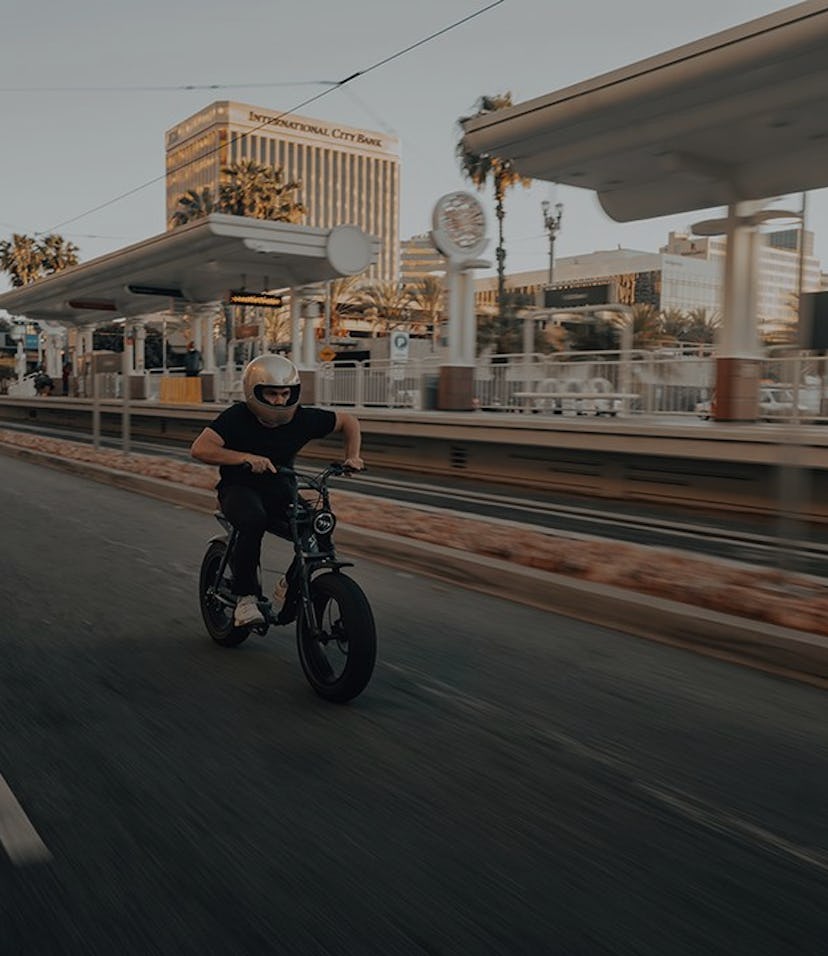Tech
Super73 has created an online portal of state-by-state e-bike laws
If you've ever wondered what your local laws are around electrified two-wheelers, wonder no more.

Electric bike company Super73 — responsible for the highly desirable R-series, among two-wheeled delights — has created an online portal where visitors can find the laws regarding e-bike usage in all fifty states. Around the country, the fast-growing e-bike industry is regulated inconsistently, and frequently under the same laws that cover mopeds even though the two categories of vehicles operate in fundamentally different ways.
Super73 says the objective with releasing the portal is to push for changes in state regulations to recognize e-bikes as a new class of vehicle unto itself — not as motor vehicles, but rather, as traditional bikes with some added oomph. As the industry grows bigger, updated laws will bring clarity on where and how riders can use the bikes.
Don't call it a motorcycle — E-bikes are typically throttled at a top speed of 28 mph, meaning they aren't capable of sharing all roads with motorized vehicles. They shouldn't, for instance, go anywhere near highways. And, crucially, they're pedal-assisted — the motor stops providing forward acceleration when the rider stops pedaling. The idea with e-bikes is that by giving the rider a bit of a boost, they can ride further than they would otherwise. That assistance is also helpful on big hills, and makes e-bikes a great choice for commuters, or for people who want to ride bicycles but are concerned about their fitness abilities, especially when trying to keep up with seasoned riders. E-bikes can also help those discouraged from riding due to physical limitations like disability or age.
E-bikes are also, of course, good for the environment and urban mobility, too. They have the potential to free up lots of real estate taken up by cars and they don't release harmful emissions. The electric mobility space has been maturing quickly as battery prices come down. A company called Swiftmile, for example, is building a network of hundreds of free e-bike charging stations in cities around the U.S., and companies like Unagi are offering long-term e-scooter rentals for those concerned about service or maintenance.
Self-regulation — The e-bike industry has tried to accelerate (no pun intended) the adoption of new standards by creating its own three-class system to categorize electric bikes based on their maximum assisted speed. The system could give local governing bodies a framework with which to decide where they want to carve out prohibitions on e-bikes, such as on specified paths or trails.
Already, 28 states have passed laws that define three classes of e-bikes using these standards, according to a letter by industry group PeopleForBikes. The group has suggested several proposals for any new regulation, such as minimum age requirements to ride e-bikes and a standard for how large their electric motors can be.